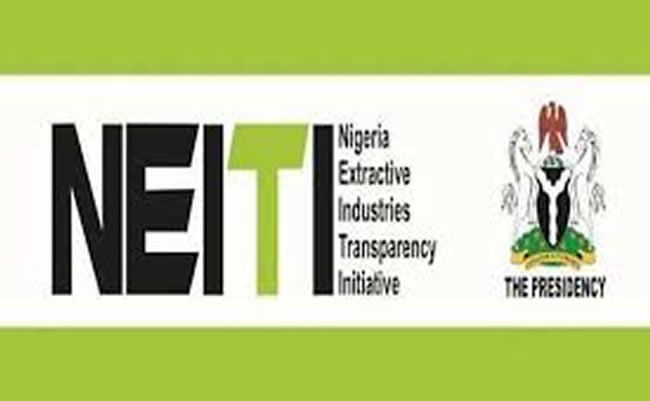- Kaduna, Ogun, Bauchi, Cross River listed
Four of the 36 states in the country lost a total of N149.2 billion to deductions from their allocations in 2024 for being highly indebted. This was disclosed in a policy brief by the Nigeria Extractive Industries Transparency Initiative (NEITI):
“Beyond Federal Allocations: The Cost of Borrowings and Debt Servicing at State Level in Nigeria” which provides fresh, evidence-based insights into how high and unsustainable debt servicing obligations pose risks to state-level stability and undermine the developmental impact of extractive revenues.
It named Kaduna, Ogun, Bauchi and Cross River states as highest debtors. It further revealed that between 10 per cent and 30 per cent of monthly FAAC allocations in many states were directly deducted at source for debt servicing, leaving less room for grassroots development investment.
According to the agency, “Kaduna State recorded the highest 2024 deduction ratio at 32.06 per cent, translating to N51.2 billion deducted from N159 billion in gross allocations. Ogun State followed with 27 per cent (N33bn from N123bn), Bauchi with 26 per cent (N37bn from N142bn), and Cross River with 24 per cent (N28bn from N119bn).
“From the NEITI Policy Brief, these high-debt states contrast sharply with lowdebt performers such as Borno with only 2.63 per cent debt reduction obligations, Jigawa 2.74 per cent, Benue -3.58 per cent and Nasarawa -3.82%) debt burden exposure.
“Other states with low debt burden commitments include Kebbi 4.06 per cent, Bayelsa -4.46 per cent, and Anambra 4.54 per cent, where prudent borrowing and efficient fiscal management have preserved over 95 per cent of gross allocations for direct development spending.”
The transparency agency cautioned state governments to consider the adverse effects of heavy borrowing on their capacity to fund essential services, local infrastructure, and poverty reduction initiatives constrained by debts servicing obligations. NEITI describes the situation as a “silent fiscal emergency” quietly undermining the economic stability of Nigeria’s states, It also examined Positive Debt-to-GDP Management implications and the lessons that subnational governments must consider, noting that these low-debt states provided practical models for maintaining a healthy debt-to-GDP profile while still leveraging borrowing for development where necessary.















